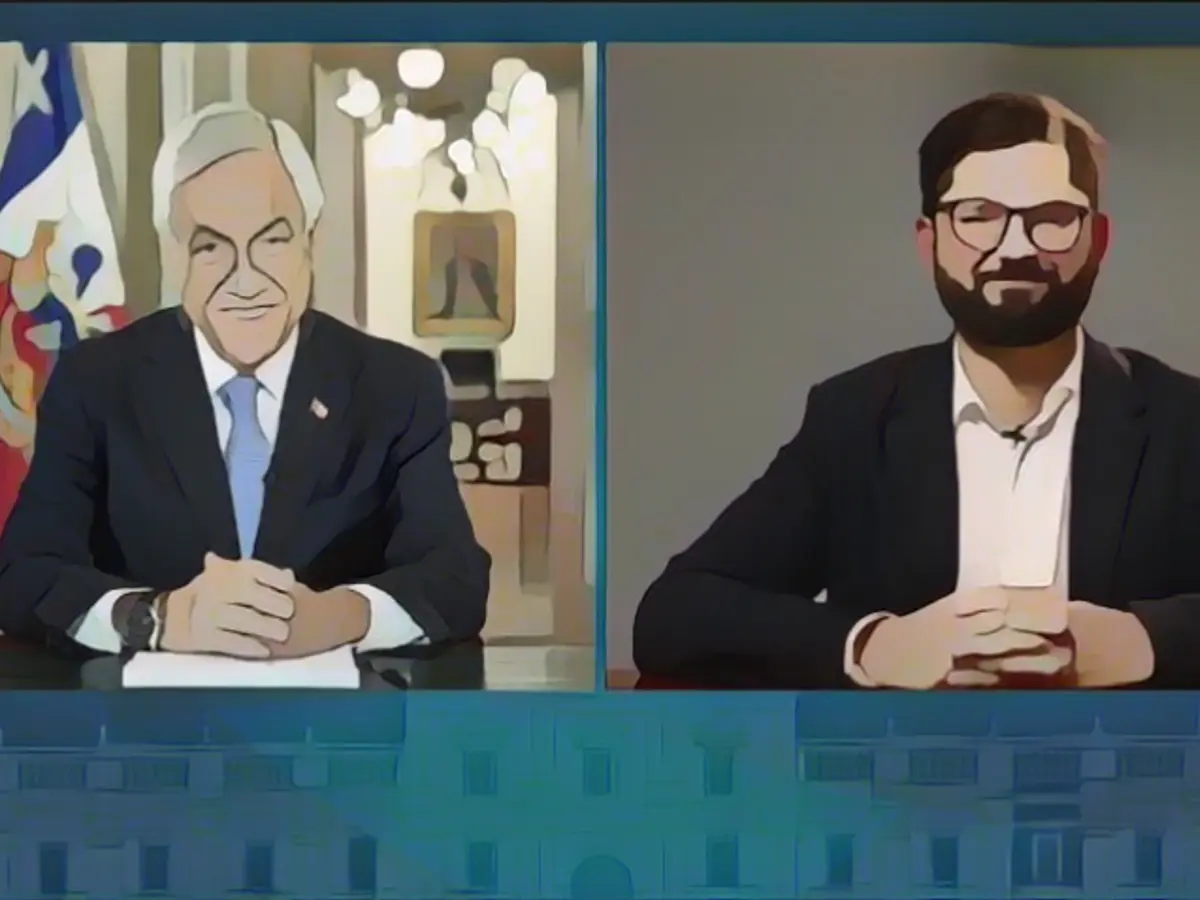Latest developments hint at China and Russia making moves in Latin America, aiming to ride the new wave that some call a "pink tide." Last week, Argentine President Alberto Fernández visited Moscow and Beijing. In Moscow, he stated that Argentina would serve as Russia's gateway to Latin America. In China, Fernández joined the Belt and Road Initiative, pledging billions in investments over the next few years.
Rumors swirl about Russia possibly deploying troops or weapons to Cuba and Venezuela, causing concern about Latin America turning away from the West and aligning with other geopolitical forces. Indeed, the political landscape in Latin America has changed dramatically in recent years, with leftist leaders like Andrés Manuel López Obrador, Alberto Fernández, Luis Arce, Pedro Castillo, and possibly Gustavo Petro winning elections.
However, the "pink tide" is more complex than it seems. All leaders define themselves as centrist or progressive, but they share varying degrees of populist and authoritarian tendencies, particularly since many emerged as reactions to the poor handling of the Covid-19 pandemic. These leaders all seek to address social issues, advocate for the underserved, and take progressive stances on environmental, Indigenous, and cultural issues.
Their foreign policies may lead to clashes with the interests and policies of the United States, potentially leading to conflicts in the near future. Yet, many of these governments also share cooperative economic agreements with the U.S. and show no signs of breaking ties.
Despite their good intentions and engaged supporters, the success of these leaders in enacting wide-reaching social changes remains uncertain. All Latin American economies struggled during the 2020 recession, leading to increased poverty and inequality. It is not easy to satisfy the demands of both the streets and the ballot boxes.
Latin America may not serve as an attractive hunting ground for China and Russia, as many of these new leaders have either friendly or cooperative pasts with the United States or have promised continued cooperation. Furthermore, the current Biden administration shares similarities with some of these leftist governments in its economic, social, and environmental agendas, which could pave the way for more cooperative relationships.
These new leaders face the challenge of rebuilding welfare states that have been proven flawed during the pandemic, presenting an opportunity for the United States to establish more cooperative ties. The upcoming Summit of the Americas in Los Angeles in June will provide an excellent platform to highlight these shared interests and potentially dispel the potential for a new Cold War in Latin America, where the United States, China, and Russia find themselves on the same side. Regions in the middle also exist, and if the Biden administration emphasizes shared interests and seeks common ground instead of reviving the war on drugs or declaring war on immigration, the Latin American shift could become an opportunity for the United States.
Rethinking the approach to LatinoAmerican politics allows for a more nuanced understanding, rather than interpreting state visits, speeches, and announcements without context.
Sources:
Enrichment Insights:
- China's Belt and Road Initiative (BRI) has become increasingly influential in Latin America, but its impact varies depending on the political climate and geopolitical developments in the region.
- Leftist leaders in Latin America, often referred to as the "pink tide," have attempted to diversify economies, reject militarized security policies, and promote feminist foreign policies.
- The Trump administration's hardline stance on issues like migration and security has created diplomatic crises and geopolitical tensions in Latin America, potentially driving countries further away from the United States.
- Geopolitical realities in Latin America require a nuanced approach, recognizing the interdependence between the region and the United States on issues like organized crime, drug trafficking, and mass migration. This calls for a more cooperative policy from the U.S., presenting an opportunity for improved relationships and growth.







